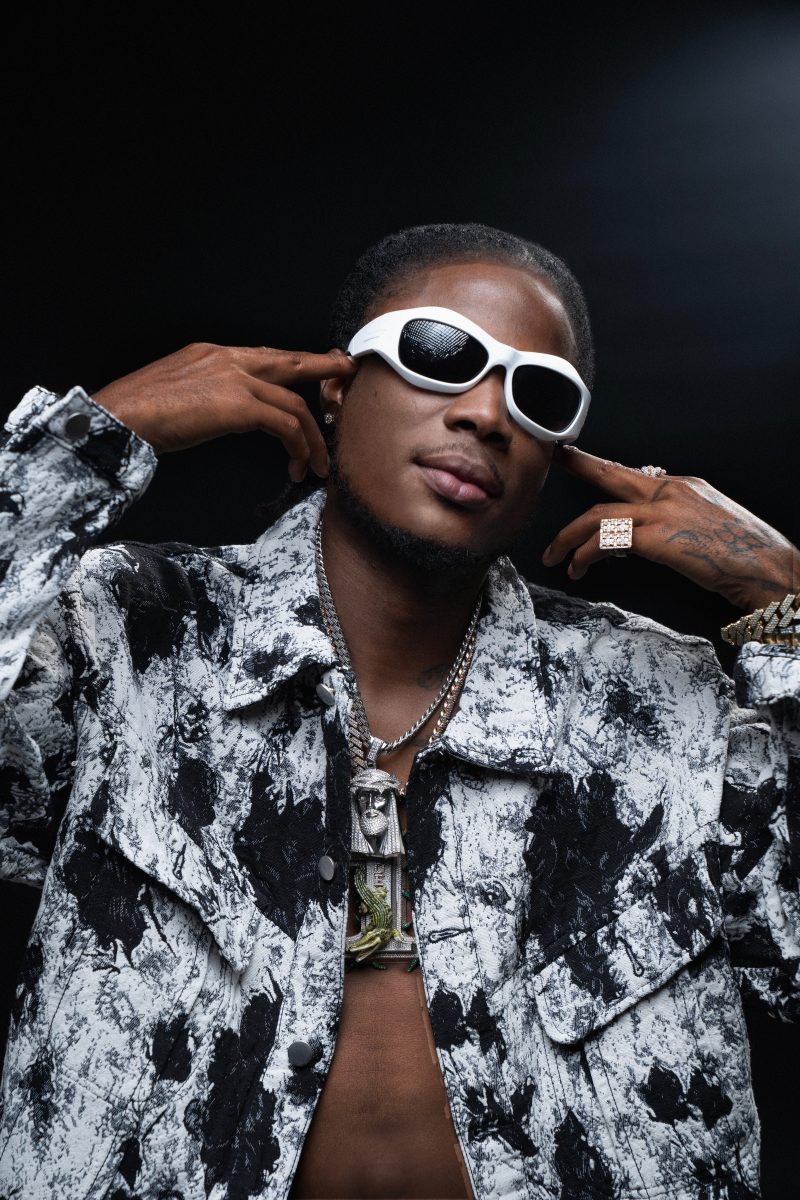Dancehall star Masicka believes the genre is thriving, crediting an influx of talented artists for putting the sound back on a path to its former glory.
“Personally speaking and me a speak for myself, mi think the dancehall is in a good state, you have whole heap a good artist out there. The sound of dancehall is getting back to where it is supposed to be. You have good artist and mi think the thing is the people dem just need fi help the dancehall and stop critique the dancehall, give the youth dem a chance, that’s what I think too,” he explained.
Speaking with BBC 1Xtra’s Seani B from his home in Jamaica, the Changes deejay urged veterans to support emerging talent instead of critiquing them harshly for their new sound.
“Even the veterans dem, before you bash dem teach dem, like how much youths you teach before you start bash? You naw mean and that’s what we need inna the dancehall but me think the music good and mi think everything come with changes, anno everyday the weather nice, sometimes it freezing, sometime the snow, sometime the rain. Mi think with anything in life you have changes so probably this is a time when it’s not as high as the 90s but we still a do we thing,” he said.
He advocated for mutual respect and learning between old and new generations of artists, highlighting the value of humility and openness to guidance for upcoming talent. Masicka stressed that young artists should be receptive and put their egos aside.
“ At some point you haffi forward round inno and realise wham ek you better and wham ek the thing work. At some point you haffi realise say the elders dem do it, dem pave the way already. How can a man who walk tha road deh tell you how the road look and you a say you no wah hear? You must be stupid. So dem haffi look into them self, look pon wha the man dem do already, Superbowl, Beenie dem big, Bounty dem big, Bob Marley done tek over the whole world, so it set already.Wha you a do now, no new. Nothing weh you a do no new, you probably can go a greater level but it has already been done, you naw mean and this bigger than you, the music bigger than any individual so just play your part and do your likkle service,” he advised.
Masicka also touched on the challenges within the dancehall scene, including issues of depression among artists.
“The youths dem haffi have a thing called self-belief Seani B. You see once you believe inna yuhself, everything wha a happen round you, you can change it. Once you have life, you have the power to change any situation,” he said.
“Now mi feel like the youth dem weaker than before, you naw mean and mi just a be real. The youths them complain bout everything , the youths dem feel entitled , dem thn skin so you not even can correct youths without him feeling some type of wayfi speak your mind, everybody just sensitive. Most a the times you ask dem what dem depressed about and dem can’t even tell you. Sometimes a materialistic things , a just personal gains and things when you really look at it you no haffi be depressed,” he said.
While focused on his first two Billboard-charting albums, 438 and Generation of Kings, Masicka has been noticeably absent from dancehall ‘juggling’ rhythms, a trend he plans to change soon.
“Mi and the youth dem good inno but mi did a work pon the album so that did tek a lot of isolation fi kinda figure out fi get the track dem right but mi a youth dem good man, you soon hear me pon couple juggling,” he promised.
Interestingly, he revealed that with Generation Of Kings, he felt pressure to follow up on the success of his debut album, 438. “You know the pressure ago high because everybody a say you can’t do it again and ahm but the thing is as much as how mi did feel pressured I enjoyed it,” he said. “Mi work like dat , mi like outdo myself, mi only competition a me so mi get up everyday and try better myself. With that going into the generation of kings, the main problem was not having the album sound like 438 not the same songs but the whole concept of the album.”
“With the 438 you had more up tempo songs on it with Generation of Kings I tried to be more motivational and set that tone on the album, No angels don’t cry for example fi motivate the youths them so the pressure did high but mi did understand wha mi wah fi do, mi did understand weh mi want fi go wid it , mi did want a more cleaner sound, a more professional sound cause remember you a learn and you a grow inno. 438 was my first album and that was a learning experience,” he explained.
The Reverse Time artist also hinted at a potential collaboration with Aidonia, with whom he traded diss tracks for years. Capitalizing on their newfound peace, Masicka extolled Aidonia’s talent and expressed openness to working together.
“Big up Aidonia. Unity is needed inna the dancehall. You get weh mi a say, bad dj and is an artist weh mi grow and see like Vybz Kartel and deh high school and want fi do it like how mi see dem did a do it so straight up,” he said.
“It’s possible (to collab) inna the near future.”
Watch Masicka’s full interview with Seani B below.

 11 months ago
119
11 months ago
119

 English (US) ·
English (US) ·